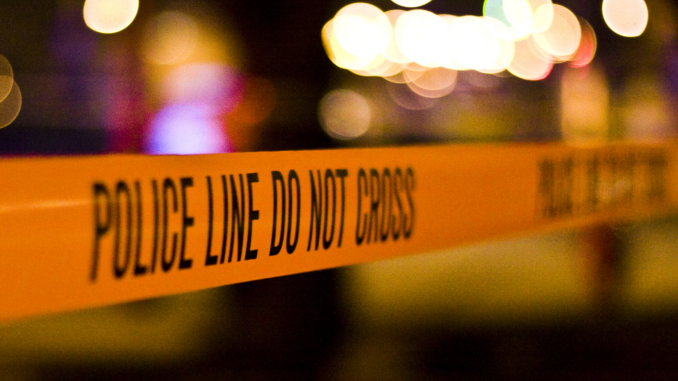
Yesterday, German police broke up a large birthday party for a 16 year old girl. Her mother had rented a two and a half room apartment in Berlin and invited 32 friends to come celebrate. An investigation has been initiated into all of the kids, the mother, and the apartment owner.
In South Korea, the violation of social distancing laws can bring a fine of roughly $2,500. Despite that, after more than a month of the restrictions and with the onset of spring, people are opening up. The population is going outside to parks, to churches, even to nightclubs… they’re just generally staying a meter away from each other, wearing masks, and using hand sanitizer. Unsurprisingly, while most of the park visitors and churchgoers are being fairly careful with the rules, the nightclubbers are routinely violating them, leading to more than 2,000 closures by the police.
In both of these places, as in many other free areas around the world, the infections are still occurring but the health systems are not overwhelmed. The governments are keeping a careful eye on things, and there are penalties for endangering the public health.
South Korea was quick to enact measures. Germany was far slower to do so. Right now, South Korea has a handle on things and is guarding against flare-ups of the virus. Germany is struggling to keep its health system from being overburdened; they’re still reporting dozens of deaths per day.
Meanwhile, Vietnam has a simpler, more effective method of quarantine: military-run camps. While some people with the proper connections and authority are allowed to quarantine at home, thousands who may have been in contact with an infected individual have simply been rounded up and put into a prison for a couple of weeks.
It’s been effective. Vietnam has no recorded deaths. The trustworthiness of that data is questionable, but even if some deaths have been kept from the public knowledge, it’s undeniable that the country has effectively stemmed the spread of the disease.
This is the difference between a police state and a free society. For all of the accusations of fines and police actions being equivalent to a police state, the comparisons are inane. The reason the accusations have earned any support lies in the fact that so few, today, have had to live under or directly deal with a true police state.
The public health is, naturally, a public concern and therefore at least partially under the authority of public officials to maintain. It is undeniable that conscientious adults will agree on the rules needed to ensure public safety, and it is also true that some will violate those rules. It happens all the time, even outside of a pandemic; there is a reason that police remain busy. People break laws, including laws created for public protection. They get into fights, they speed in school zones, and some commit murder. We arrest or fine these people for breaking the public trust, and we do so through our authorities.
It’s asinine to pretend that such violations won’t happen in free nations. They will then be punished. This is how laws work, and ethical law enforcement is a good thing, a positive for a country. That’s something that most children learn while still toddlers.
Public health laws regarding social distancing, curfews, masks, and even the taking of temperatures before entering common areas are all tools which have been absolutely proven to be effective at curbing the infection and death rates throughout the world. We should be enacting them ourselves. Our failure to do so does not speak highly about our freedoms but rather about our inability to distinguish between a personal desire and the needs of others. We are killing our friends, our neighbors, and ourselves through excessive selfishness.
Those who are least willing to accept this situation are calling any such restrictions a police state. They are demonstrating their ignorance by doing so.
